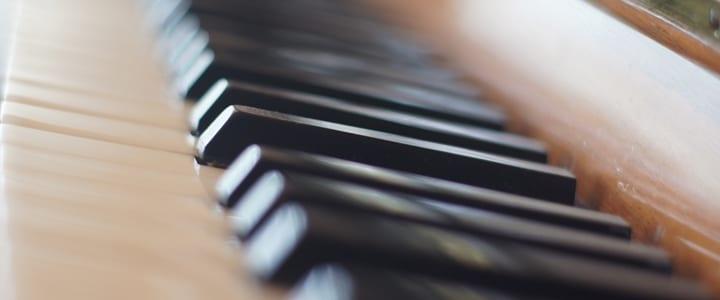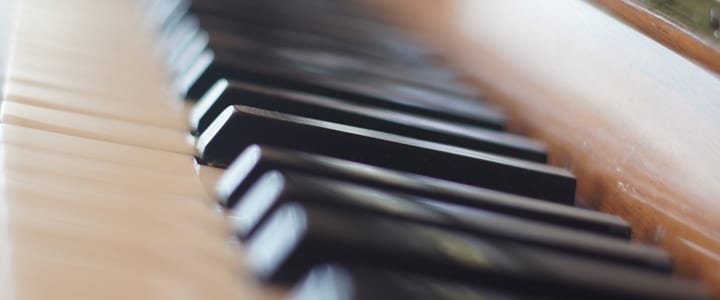Congratulations! You’ve made the decision to buy your first piano. Buying a piano can seem overwhelming, but knowing what to look for and which questions to ask can make this once-in-a-lifetime purchase an incredibly exciting experience!
Where Do You Start?
Before you even begin your research, consider the following:
• What is your budget?
• How much space do you have in your home – is a piano reasonable or should you purchase a keyboard instead?
For your first piano, do some shopping around at local piano retail shops. A good dealer will have a great selection of new and used instruments, with a range of piano prices. This will also give you the benefit of dealing with a knowledgeable professional. If you are currently working with a piano teacher, you can ask for their advice as well.
New or Used?
The next question many first-time buyers ask is, “Should I buy a new piano or a used one?” If you are working with a dealer, they will most likely have a selection of both new and used instruments. New pianos purchased from a dealer generally come with some extras. You may get a manufacturer’s warranty, and many dealers will include moving and a complimentary tuning as part of the purchase price. If you are buying a new piano you may also have a choice of different cabinetry and finish choices.
Used pianos for sale from a dealer have usually been reconditioned and in many cases also carry a dealer warranty. A dealer-reconditioned piano should be checked thoroughly by a Piano Technician and any problems should have been repaired prior to the instrument being hitting the display room floor. There are many great used instruments available privately in the marketplace. Prices can be cheaper, but there is much more risk involved. Buying a piano in need of expensive repairs is not a bargain. A dealer can take much of the risk out of the buying process.
Once you’ve answered these questions and narrowed the search a bit, the fun really starts!
Finding THE ONE!
Ask a salesperson show you a variety of pianos for sale in your price range. Play around on them to determine which is most responsive to your touch and playing style. Listen for a tone that is pleasing to you. Pianos come with a variety of cabinet styles and finishes, so you can pick one that will be attractive in your home. There are also many different piano brands out there. When looking at new or used instruments, look for well-known piano brands such as Mason & Hamlin, Schimmel, Kawai, Steinert, Yamaha, and Baldwin. If you have a bigger budget, Steinway, Bösendorfer, and Petrof are all excellent high-end brands. Your dealer can educate you on the differences in manufacturing and construction of the different brands. Ultimately, touch and tone should be the determining factors when buying a piano; the brand is secondary.
What’s Next?
Once you’ve picked out your instrument, you’ll work with the salesperson to complete the buying process. They may offer you additional options, such as accessories or customization. You may have a choice to upgrade the piano bench, which is also worth considering, since you will be spending a fair amount of time practicing.
One of the biggest challenges to owning a piano are seasonal changes in temperature and humidity. Wood expands and contracts with changes in temperature and humidity. An accessory called a “damp chaser” will keep the piano’s soundboard (the heart of the instrument’s tone) and action at a constant stable state. It works to humidify the piano in the dry winter months, and act as a de-humidifier when it’s hot and humid in the summer. This can save you money on tuning, and it will also protect the soundboard and action.
Your dealer will work with you to arrange financing, delivery, and setting up the instrument in your home. Many also have certified technicians and piano tuners on staff and will work with you to arrange ongoing service and maintenance agreements. You should also ask if your particular dealer offers a trade-up policy, wherein you can get a credit for your original purchase price when you trade in your old piano for a higher quality instrument.
By arming yourself with knowledge and working with a qualified retail dealer, buying a piano will prepare you for one of the most enjoyable activities of your life! So what are you waiting for?
Photo by darrenleno
Megan L.


